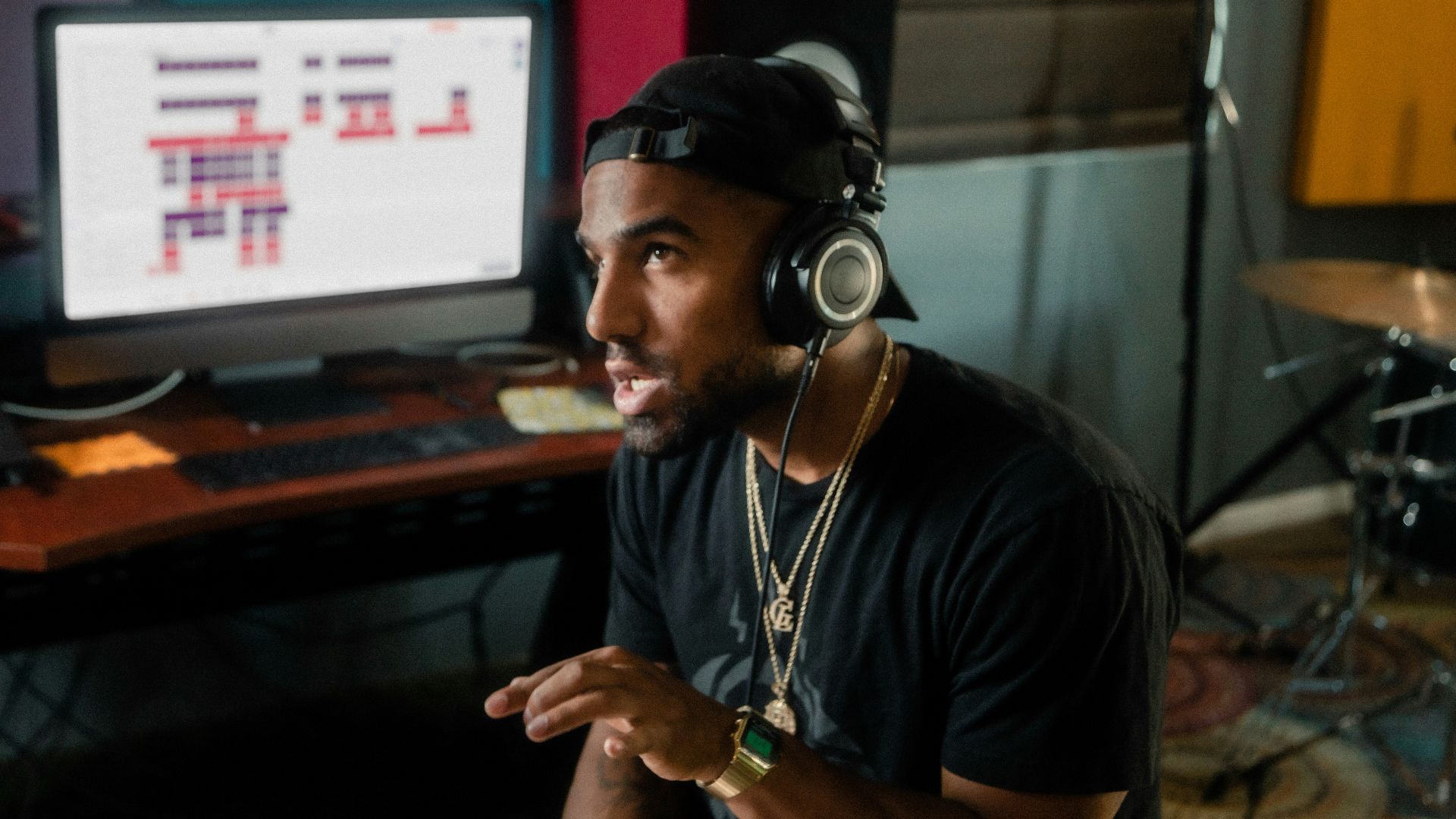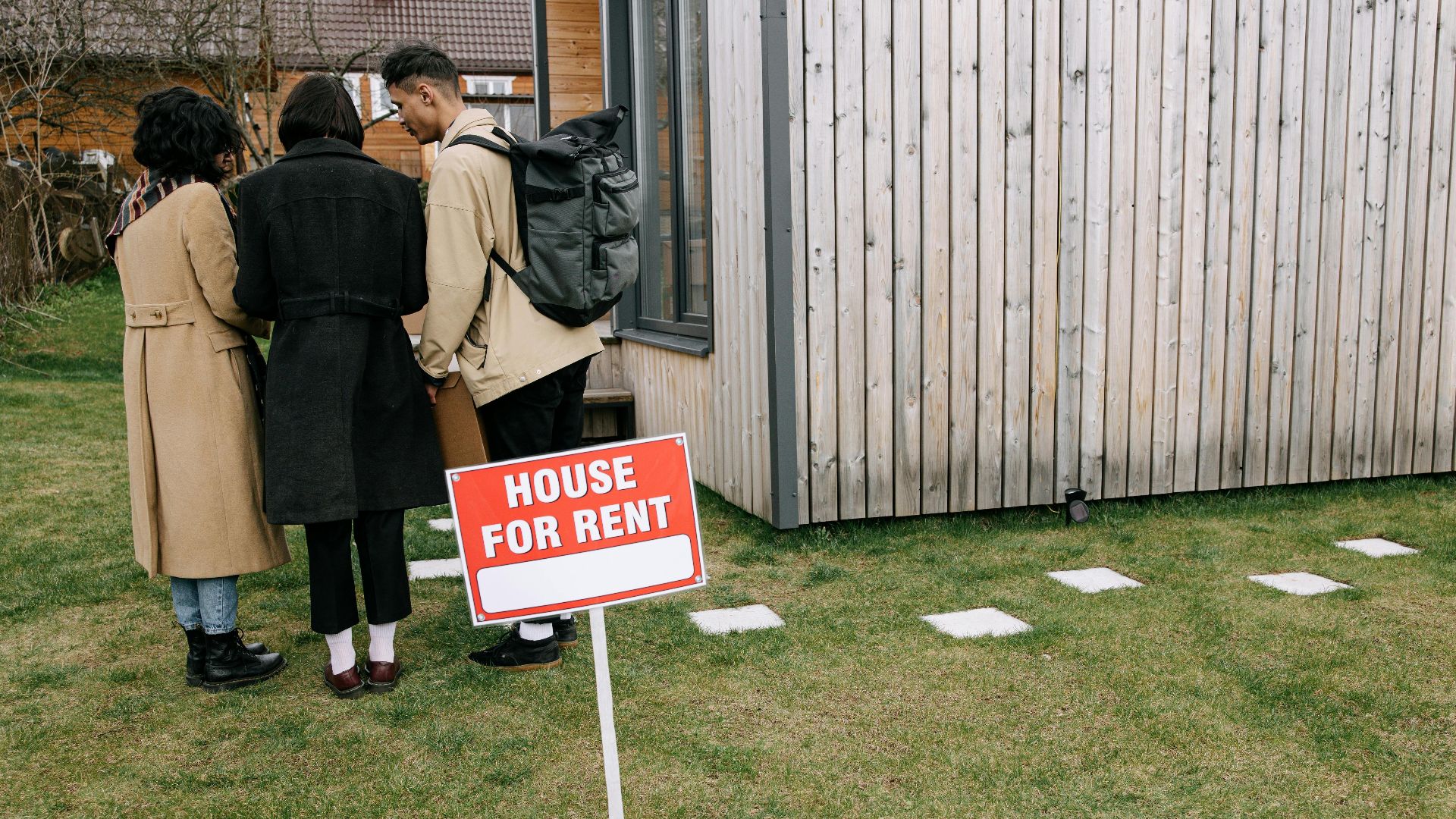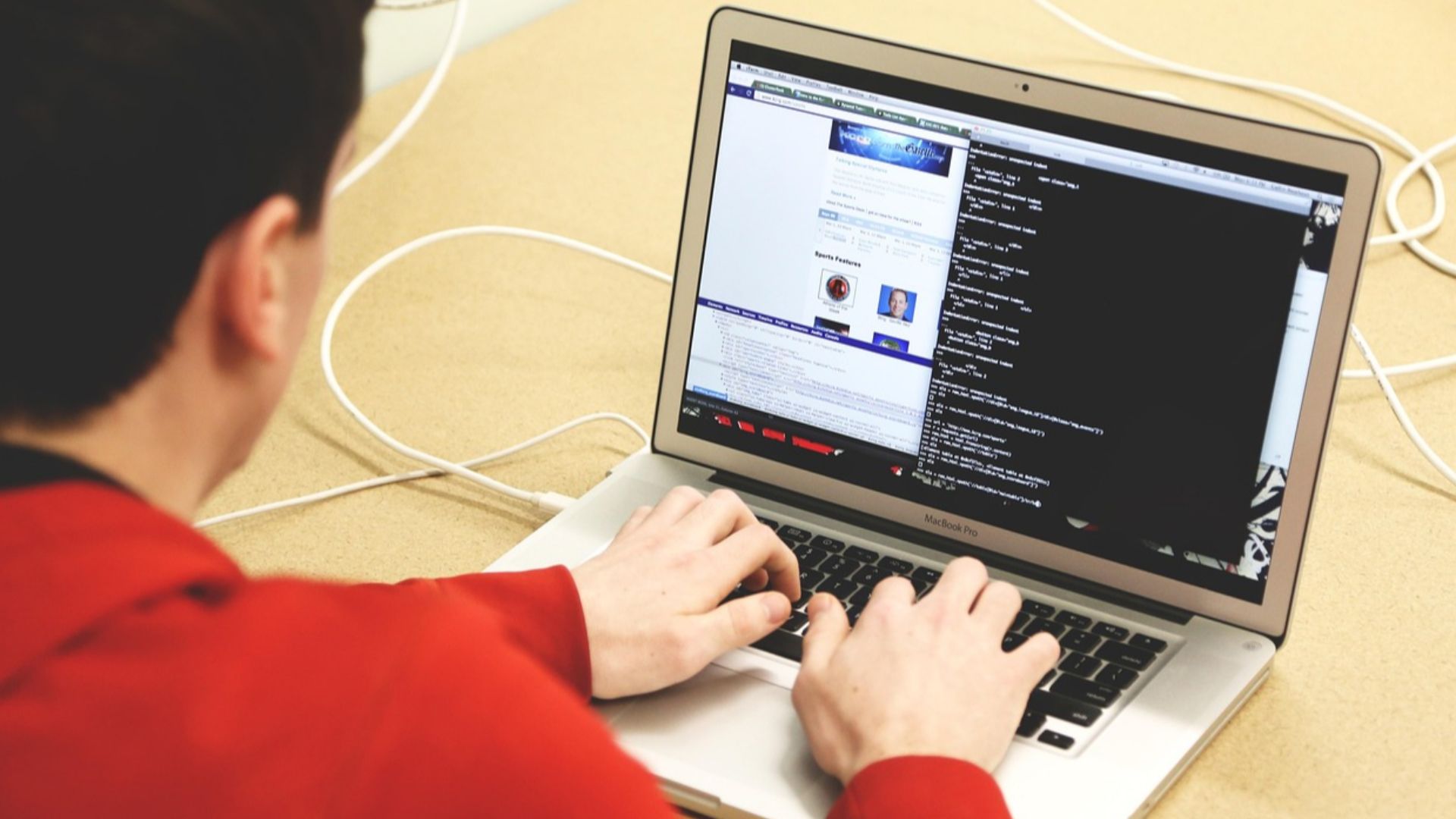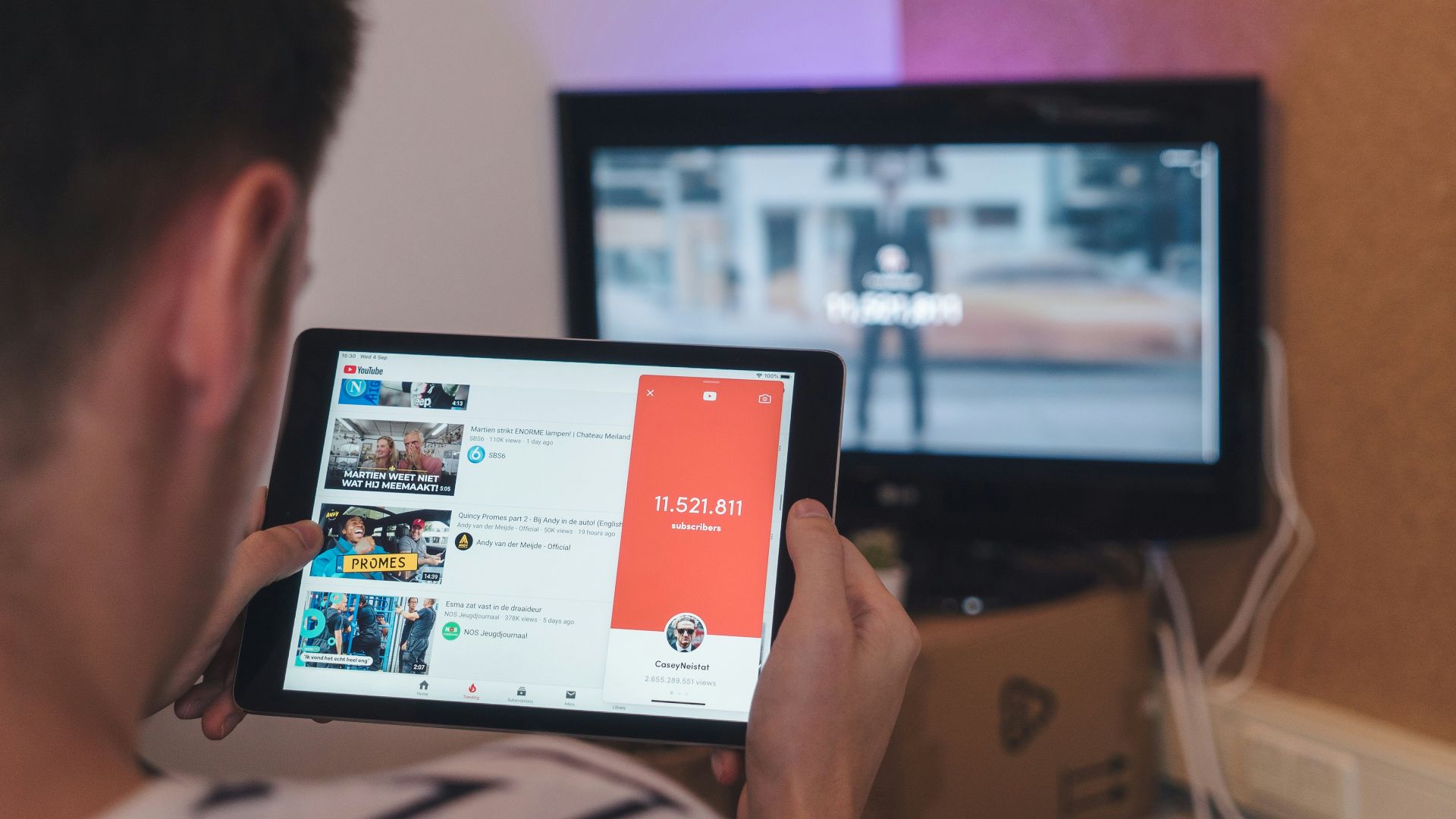The Hustle Became A Habit
It started as a side thing. A few hours here, a freelance project there. Before long, the second gig wasn’t extra—it was essential. That’s just how the game changed for this generation.

Economic Insecurity After The 2008 Recession
You remember that crash—layoffs, frozen hiring, and pay scales that never recovered. Millennials entered workforces built on cutbacks. When wages stalled while costs soared, side income became survival gear. The ripple effects of that downturn still shape how your generation earns and spends today.
Remote Work Enabling Multiple Jobs
Home offices replaced commutes, and opportunities multiplied. Two screens mean two paychecks if you manage your hours right. Remote roles removed geography’s limits, letting you freelance for California and consult in Kansas from one desk. Technology quietly redefined stability as multitasking.
Creative Fulfillment Beyond The Main Role
You’ve likely seen it—someone designing logos after logging off corporate hours. That pursuit is purpose. Many Millennials channel their creative energy into photography, music, or writing because one job covers expenses and the other keeps their passion alive. Balance becomes its own currency.
Rising Cost Of Living And Stagnant Pay
Housing prices ballooned as paychecks crawled. Groceries and rent chew through earnings faster than promotions arrive. You stretch each dollar like elastic, hunting discounts and stacking rewards. The cost gap between daily needs and steady wages quietly fuels the era of polyworking.
Social-Media “Hustle Culture” Influence
Scrolling through curated success stories can feel like fuel or pressure. Influencers flaunt stacked incomes and side businesses as lifestyle goals. You watch peers build “brands” instead of resumes, and that visibility turns ambition contagious. Hustle culture reshaped how Millennials define progress—and productivity.
Student-Loan Pressure
Monthly loan payments tag along like a shadow from college years. Those balances rarely shrink quickly, so you chase extra income just to keep pace. Every gig, class, or contract adds breathing room. The burden of borrowed education quietly keeps your evenings booked.
Gig Platforms Supporting Dual Work
Apps turned smartphones into job boards. Deliver a meal, design a site—all before midnight. You swap idle time for cash with a swipe. These gig systems rewired modern labor to give Millennials flexibility their parents couldn’t imagine during fixed nine-to-five schedules.
Fear Of Layoffs
You’ve seen friends cleared out by one company email. That anxiety lingers, so you hedge bets with extra income streams. Polyworking acts like insurance. Like a buffer against sudden pink slips. The modern job market’s unpredictability has made “Plan B” part of everyone’s Plan A.
 ANTONI SHKRABA production, Pexels
ANTONI SHKRABA production, Pexels
Entrepreneurial Mindset
Millennials treat ideas like inventory. You build brands, test ventures, and pivot fast. The startup mentality seeped into everyday life, encouraging you to monetize skills others overlook. That spirit of self-reliance turned coffee shops into offices and passion projects into legitimate paychecks.
Digital Tools Simplifying Logistics
Invoicing apps and automation software boost coordination. Using these tools, you can manage clients and taxes from your phone before breakfast. That efficiency keeps dual careers sustainable because it lets multitasking feel less like juggling and more like strategy. Convenience built this new economy.
Preference For Autonomy
Most Millennials prefer steering their own schedule instead of clocking in by command. That freedom—working when focus peaks or inspiration strikes—keeps energy high. Many see autonomy as wealth itself, where they trade predictability for control. Being your own boss, even part-time, reshapes what career satisfaction looks like.
Turning Hobbies Into Income
Weekend hobbies grew into quiet side hustles. Baking, gaming, knitting, painting, and photography each became a revenue stream with online audiences ready to pay. Many learned that talent doesn’t stay idle when platforms reward creativity. What once filled free time now supplements rent.
Pandemic-Driven Work Reprioritization
Lockdowns hit pause on routines and made priorities louder. When this happened, most realized flexibility mattered. Some used remote freedom to start passion projects or side gigs that never faded. The pandemic didn’t just shift offices—it redrew your map for meaning and money.
Skill Diversification Goals
Career paths turned into mosaics. You upskill, reskill, and cross-train because one title no longer defines success. Every side project doubles as a lesson, expanding your toolkit. In this generation, versatility is currency in an economy that rewards adaptability.
Housing Costs Pushing Extra Work
Rent once fit a single paycheck; now it devours it. Millennials in major cities spend record portions of their income just to keep keys in hand. The math drives you toward second gigs—because home isn’t just where the heart is, it’s where the money goes.
Cultural Normalization Of Side Hustles
Having two jobs no longer raises eyebrows. Friends discuss weekend clients the way older generations mentioned commutes. You share tips, compare apps, refer each other, and celebrate each other’s wins. Side hustling transformed from a secret grind to a social badge of resourcefulness and ambition.
 Rodeo Project Management Software, Unsplash
Rodeo Project Management Software, Unsplash
Access To Online Freelance Markets
Websites connecting freelancers to global clients broke location barriers. One can code for Singapore and invoice from Denver—all before lunch. Global gig networks widened earning potential and gave every skill, from design to tutoring, a digital storefront open 24/7.
Employer Flexibility Toward Moonlighting
Companies once banned side jobs; now many quietly tolerate them. If you can fulfill deliverables, employers are okay when you have something on the side. This cultural shift lets Millennials explore new income without corporate backlash, merging loyalty with independence in an evolving definition of workplace trust.
Generational Wealth Gaps
Older generations built equity through cheaper homes and stable markets. Millennials inherited steeper costs and fewer assets, and this forced income creativity. Quite a number of people in this generation chase progress through multiple jobs because traditional wealth ladders now feel like they have missing rungs.
“Portfolio Career” Identity
You’re no longer tied to one title. Instead, careers look like portfolios—teacher by day, designer by night, babysitter every other day, investor on weekends. That layered identity feels natural to Millennials who crave variety and independence. Multiple income streams mirror modern values: flexibility, skill diversity, and autonomy.
Technology Enabling Global Clients
Digital connectivity dissolved borders between workers and the world. You can pitch to Tokyo before breakfast and edit for Toronto by sunset. Cloud tools and instant payments keep it seamless. Technology turned talent into an export that lets Millennials earn globally without boarding a plane.
Decline Of Company Loyalty
The “gold watch after 40 years” era faded fast. When some witnessed layoffs after record profits, they realized longevity wasn’t rewarded. Because of this, many Millennials switched from corporate faithfulness to practical self-interest. The goal? To build multiple jobs as security blankets rather than staying loyal to shifting employers.
Global Polyworking Through Digital Travel
A laptop and stable Wi-Fi created nomads who clock in from cafes across continents. In these scenarios, one can work US hours in Lisbon or teach online in Mexico. Remote flexibility turned polyworking into a passport, blending exploration and income seamlessly.
 Photo By: Kaboompics.com, Pexels
Photo By: Kaboompics.com, Pexels
Multi-Income Household Resilience
Households run smoothly when more than one income cushions uncertainty. Couples split shifts or freelance separately to cover expenses and future goals. You might balance creative and corporate roles under one roof to ensure one dip in pay doesn’t knock the entire structure sideways.
Creator-Economy Expansion
Platforms like Patreon and YouTube redefined careers. Here, you can monetize value directly to audiences. Millennials transformed fandom into a source of income, skipping middlemen entirely. Creativity became commerce, building digital empires from bedrooms with ring lights rather than corner offices and boardrooms.





























